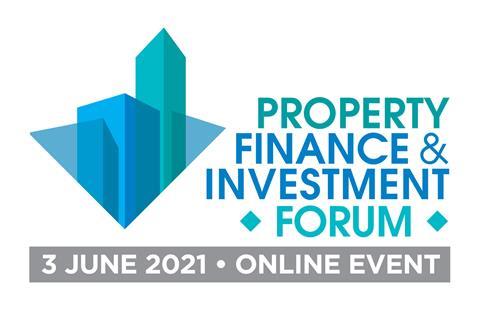The UK’s sixth Carbon Budget has enshrined a new target in law to slash emissions by 78% by 2035. This is the world’s most ambitious climate change target and will see emissions return to their 1990s levels.

This shows the world that the UK is serious about protecting our planet, while seizing the economic opportunities it will bring by capitalising on green technologies.
Building back greener from the pandemic will be fundamental if we intend to lead the world towards a cleaner and more prosperous future. This responsibility rests with everyone operating in the built environment sector.
When it comes to new-build housing, the Committee on Climate Change has already made a series of tangible recommendations, such as scaling up the market for heat pumps, expanding the rollout of low-carbon heat networks and phasing out gas boilers.
While the government has not explicitly accepted these recommendations, we must help the transition of the industry to a low-carbon future. To achieve this, the property and construction industries need to re-invent themselves completely; embrace change; repurpose what is redundant; and put sustainability, quality, safety and community at the fore.
A massive part of this will be getting the sector to build using sustainable construction methods. The principal obstacles to this have been prohibitive cost and lack of know-how about MMC.
Last month, Impact Developments submitted an application for a £400m, 1,000-home regeneration scheme close in Romford. Rom Valley Gardens is designed to be highly sustainable and will be built using MMC including our own modular construction factory.
We now know that sustainable modular-built homes can consume up to 67% less energy than traditional methods; material waste and carbon footprint can be reduced by 90% while operational energy can be cut by 78%; and materials used for modular units, such as wall insulation, are also good for the environment. Additionally,
the build programme can be delivered much quicker because everything is pre-engineered in a factory and delivered to site.
This is the future of construction because there is an urgent need to decarbonise our economy. But we also need finance that supports sustainable construction to enable this transition, especially for smaller players in the market.
Lending products can encourage borrowers to use sustainable development methods by providing economic incentives through loan terms, such as higher loan-to-cost in sustainable loan products as high as 100%. Lenders have a role to play here, which is why our Impact Lending arm places a focus on green loans, designed to inspire developers to build more sustainably.
Debt can be structured to have a sustainable impact when it is designed either to fund modular construction or to finance sustainable developments that meet specific environmental criteria, such as BREEAM or LEED.
The lending assists and delivers sustainable buildings to live and work in, thus achieving its main goal of contributing to the decarbonisation of real estate construction.
Robert Whitton is founder and CEO of Impact Capital Group






























No comments yet